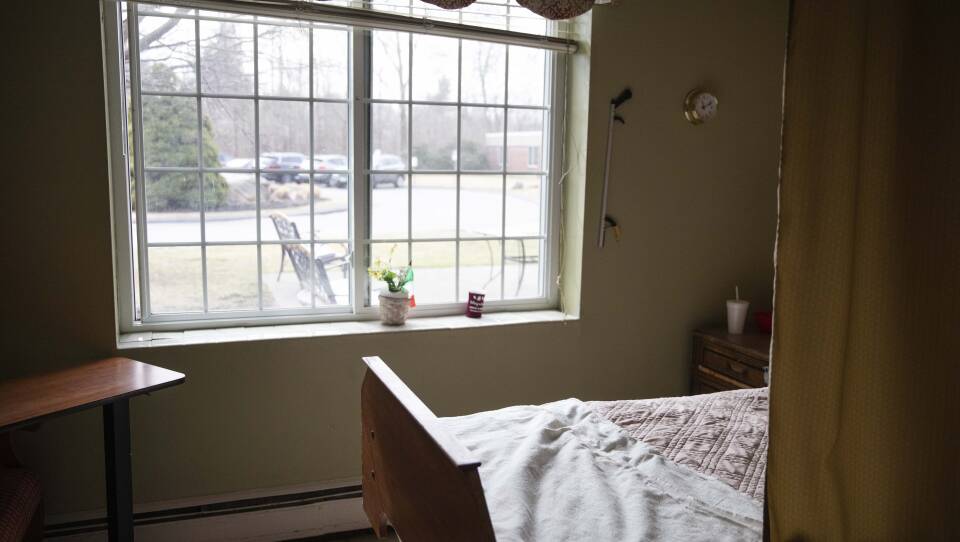A large number of patients are languishing in acute care beds at hospitals across Massachusetts, largely because there is no available place to discharge them as facilities struggle with staff shortages.
A survey released last week by the Massachusetts Health and Hospital Association showed that 1,066 patients in 44 different hospitals across the state are waiting to be discharged. The majority of those people are waiting for a nursing home that can take them. In other cases, patients are waiting to continue their recovery at a rehabilitation center, or waiting to confirm in-home care.
The inability to transition patients out of hospitals does more than delay recovery times, says Terry Hudson-Jinks, chief nursing officer and chief patient experience officer at Tufts Medical Center.
“We work hard to make sure we have enough capacity to treat all patients, so there are a lot of patients taking care at acute care right now,” Hudson-Jinks said. “The inability to transition a patient that no longer needs acute care actually gets in the way of bringing in other patients that need our care.”
Adam Delmolino is the director of virtual care and clinical affairs at the Massachusetts Health & Hospital Association. The MHA represents hospitals and health systems across the state, including Tufts. In a written statement to GBH News, Delmolino highlighted the importance of the survey findings.
“Healthcare facilities in Massachusetts are experiencing capacity constraints for many reasons, and we thought it was important to highlight how hospital discharge delays fit into the puzzle. This report is intended to give us all a better sense of what is preventing patients from accessing the next level of care when they are ready to leave the hospital,” Delmolino said.
At Tufts, Hudson-Jinks said this is not necessarily a new problem, but the backlog in patient discharges has gotten worse during the pandemic.
“It’s not uncommon to have anywhere between 14 and 30 patients a day that are waiting to move that can’t go. So it’s 10% of our population,” Hudson-Jinks said, “Patients get sad, they are ready to go, they’re ready to go home, they’re ready to go closer home. They don't understand why they can’t move to the next step.”
Susan Misiorski, vice president of workforce development for the Massachusetts Senior Care Association, said the main reason patients can’t be discharged is because of staffing shortages that the industry is experiencing.
“Because there is such a shortage of staff many of the nursing facilities in the state have had to deny new admissions. Up to 70% have denied new admissions,” Misiorski said.
Looking toward the future, there is no certainty when this problem will end. For Hudson-Jinks and Tufts Medical Center being proactive and beating the curve is the best they can do.
Delmolino and MHA, meanwhile, are working with the government and the Baker Administration to confront the challenge.
“MHA and our members are grateful for our close partnership with the Baker Administration and post-acute providers as we work through these challenges together,” Delmolino said.








